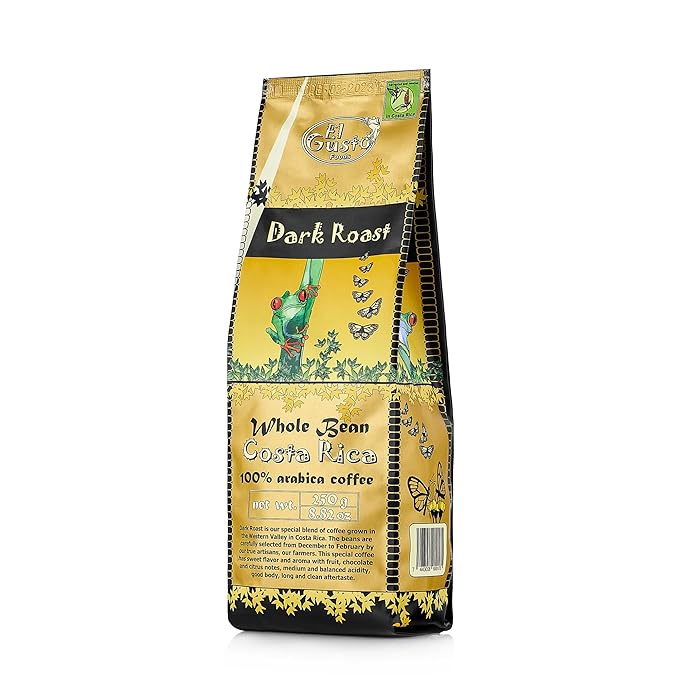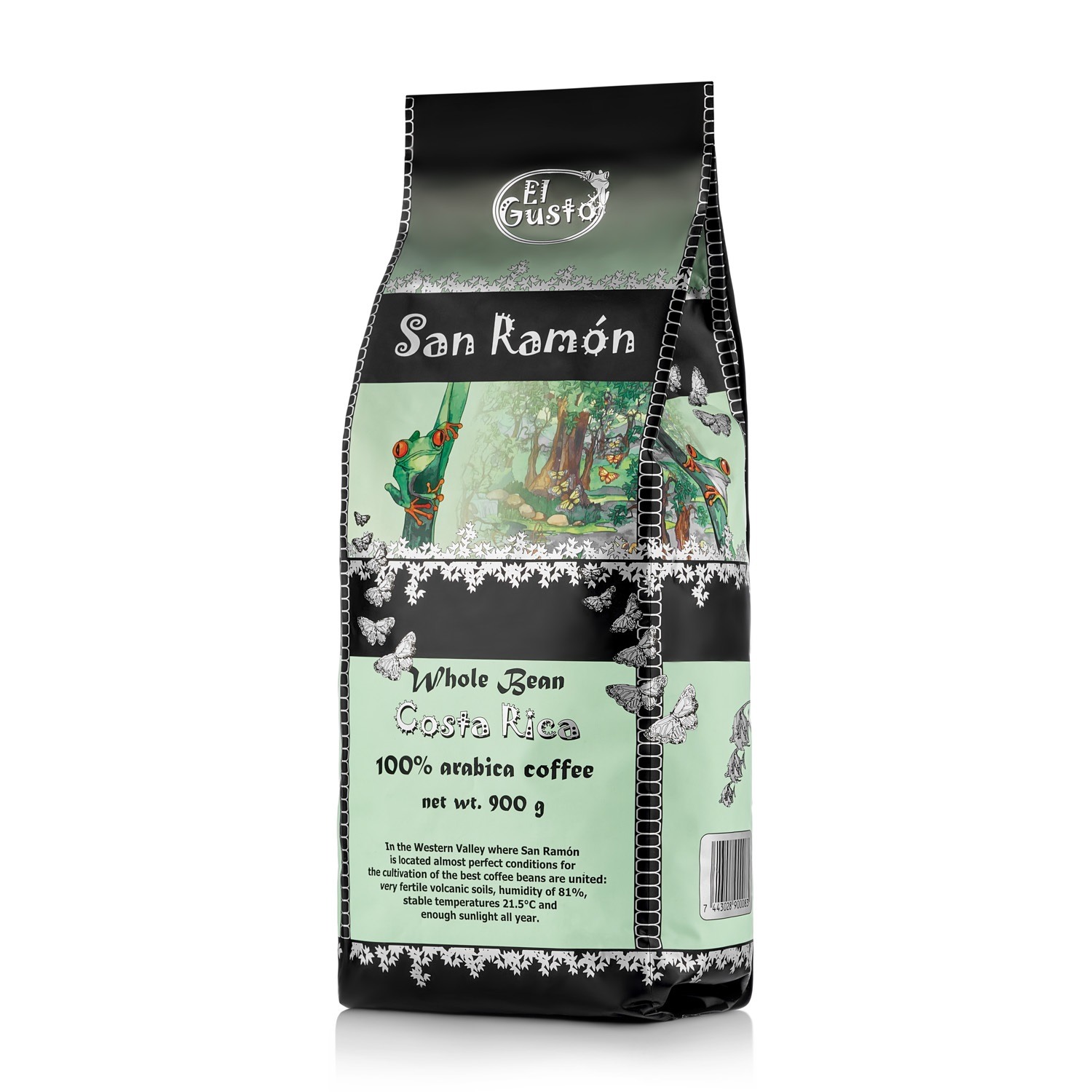
This Woman Entrepreneur Empowers Kenya’s Coffee Farmers To Earn More Per Cup.
This Woman Entrepreneur Empowers Kenya’s Coffee Farmers To Earn More Per Cup.
- Shelli Galici
- 13-08-2018
- 29-07-2025
- 1767 views
- Coffee Shop, Featured Articles, Information

Over the decade the coffee industry is becoming more innovative making it timely and up on the trend. A lot of coffee shops are popping everywhere, but seems like as time goes by the coffee farm industry couldn’t keep up with the high demands.
Kenya is one of the major exporters of single origin coffee beans. The Kenyan brand is known for its flavor and pleasant aroma. Arabica and Robusta are grown in the region where the Arabica is high-quality coffee beans, mild coffee much favored for blending. However, despite the high-quality coffee beans produce in the region Kenya’s coffee farming is slowly declining because of the lack of education among farmers.
In 2009, after completing her education in Canada and Europe Vava Angwenyi returned to her hometown bringing her mission on changing the African coffee industry through helping the smallholder coffee farmers on educating them the value of coffee they produce.
“After I came home, I was amazed that nothing had been done to boost the awareness, locally, here of the Kenyan farmer and Kenyan coffee, which is revered abroad,” she says.
Vava started her coffee business Vava Coffee, a Nairobi-based enterprise focused on educating Kenyan farmers, getting more women into the coffee industry, and engaging the youth of East Africa to get them excited about one of their most prized agricultural products — coffee.

Photo courtesy to Vava Coffee Limited FB
Coffee is the second most exported commodity next to oil. Approximately 2.25 billion cups are consumed daily around the world. Among the coffee exporters, Kenya’s Arabica coffee is considered one of the best in the market. Though they have the best coffee beans that are revere abroad, the dilemma is most of Kenya’s coffee farmers do not drink or get to drink it, the coffee they produce, says Angwenyi. 70% of the coffee crops are produced by the smallholder farmers, and about 93% of Kenya’s coffee crops are exported. Despite the numbers, the coffee farmers are still getting little profit from what they produce.” On average, smallholder coffee farmers in Kenya earn less than 35% of the international market value on their high-quality specialty coffees,” Angwenyi says.
One of the reasons why coffee farmers are earning less is the lack of knowledge and market access, Angwenyi said. Because of this Vava coffee aims to create direct links between smallholder coffee farmers and markets that are looking to buy ethically-sourced and traceable coffee.
“I see traders that are really lazy, and just keep doing things in the old ways. We should hold everyone we work with accountable, especially if you’re doing direct trade. A lot of people just swing in, visit a co-op, take a few photos, and then leave. But what about becoming a part of the community and actually helping producers out of the situation?”
Because of the situation, Angwenyi is empowering every farmer in Kenya by teaching producers agronomy, running workshops — where farmers tasted their own coffee for the first time and making sure farmers are aware of the opportunities that are available to them.

Photo courtesy to Vava Coffee Limited FB
“Once Africans taste coffee their perception changes – even once you show them how to brew coffee,” she says.
Angwenyi spends a lot of her time and effort helping Keya’s coffee farmers to be more knowledgeable in the industry and empowering farmers to earn more per cup.
Most recently, she’s developed a direct-to-consumer arm to the business, enabling the sales of smaller amounts of coffee, and bring more elements of the supply chain in-house.
Despite much racial discrimination, and injustices Angwenyi stand firm and fight what is right for Kenya’s coffee farmers.
It’s frustrating, she says, to see her fellow Kenyans internalize the historical rhetoric that “help and success” comes only from white foreigners, a feeling perpetuated by the development community. As a result, she argues that farmers and youth don’t see opportunities for themselves in the industry.
“No one has told them about the opportunities within the coffee sector because they only see the white man doing these things,” she explains. “If you look at all the big multinationals, most of the employers in those positions are foreigners.
“The producers right now are not really players in the game. People will always try and put producers beneath them,” she says. “It’s a form of slavery and that’s what colonists did best; ‘you will grow this, but you will never consume it.’”
The problem, she says, starts with lack of education. Many of the farmers that Vava Coffee engaged within Kenya were not even aware that they could go and get a direct sale license, she recalls: “When they started talking to us, they were like ‘what is this license?’”
Thus, she transitioned from coffee shop entrepreneur to wholesale — to equip farmers with the knowledge on trading licenses, better farming practices, and eliminate the layers of middlemen in coffee trading as much as possible. Vava Coffee has worked with over 30,000 smallholder farmers across Kenya and Tanzania.
Using herself as an example, she’s keen to erase those misconceptions. She is now facilitating workshops for female ‘agripaneurs’ – think agriculture meets entrepreneurship – and is looking into how the industry might be able to sponsor youth at origin. This year, she launched the first line of Fairtrade-certified coffee owned by smallholder women coffee farmers in Kenya from two women-centric co-ops from the Rift Valley.
More of this story at Forbes






















